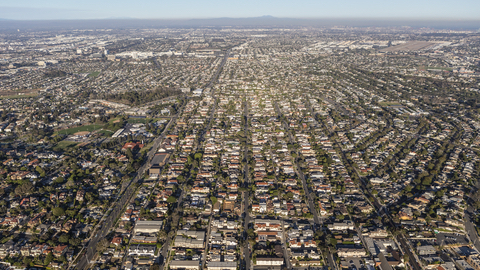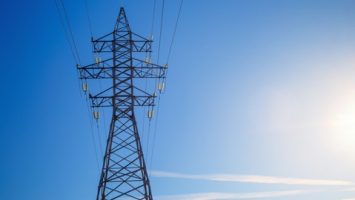
The Energy Coalition and electricity tech firm, Community Electricity – in collaboration with UCLA and a consortium of partners – have been awarded a $9 million California Energy Commission (CEC) EPIC grant for a project that aims to provide locally produced renewable energy to disadvantaged communities in Los Angeles County.
The Bassett-Avocado Advanced Energy Community (BAAEC) in the San Gabriel Valley is the local community which will serve as the “site host” of the prototype. The BAAEC, a 28,000-resident community, will use a system consisting of seven main components:
- a digital application to engage and guide community members towards de-carbonization;
- a smart community solar and storage system to offset annual electricity load;
- a campus microgrid resilience hub to provide clean back-up power to the community in emergencies, severe heat days, or blackouts;
- a virtual power plant integrating 50 single-family homes equipped with solar photovoltaic and battery storage to demonstrate a Blockchain community network pilot;
- a mobile grid that includes a community-operated EV vanpooling service and a network of fast EV charging stations;
- an indoor-outdoor smart pollution sensor network; and,
- a mobile living laboratory to periodically measure and report the real-time de-carbonization impact.
Luis Felipe Cano, Community Electricity CEO, stated, “California’s disadvantaged communities and the Cap & Trade money allocation across these vulnerable communities, give rise to the perfect formula to design a feasible community-scale de-carbonization strategy. Our data-driven de-carbonization protocol – a new social and economic community system – is designed to empower community members with multiple options towards clean electrification resulting in collective gains, including quality of life improvement and economic benefits derived from the sale of locally produced electricity and carbon credits. The motivation and potential are huge – approximately two thousand similar disadvantaged communities could benefit from this protocol inside California, and even more when we replicate the formula outside the state.”


